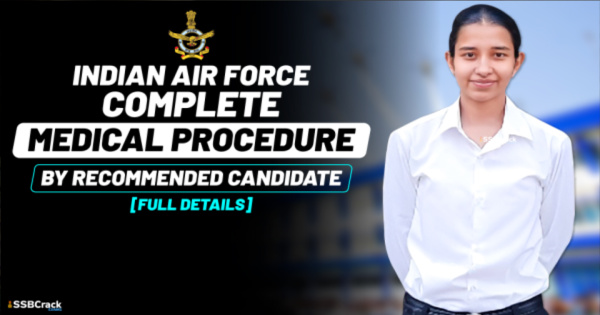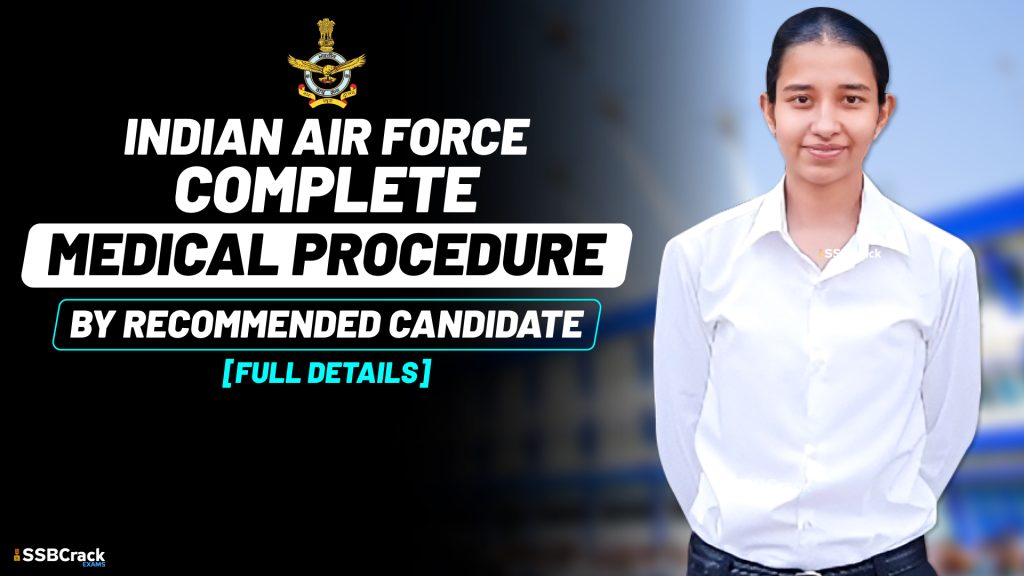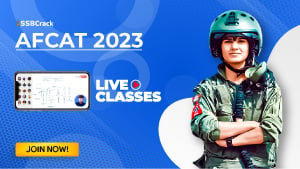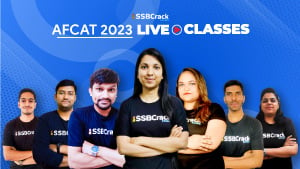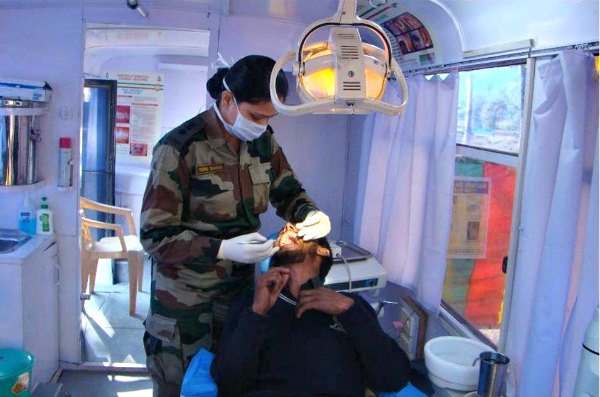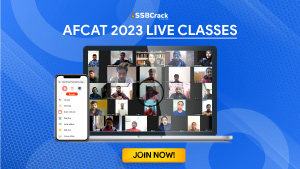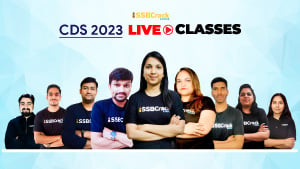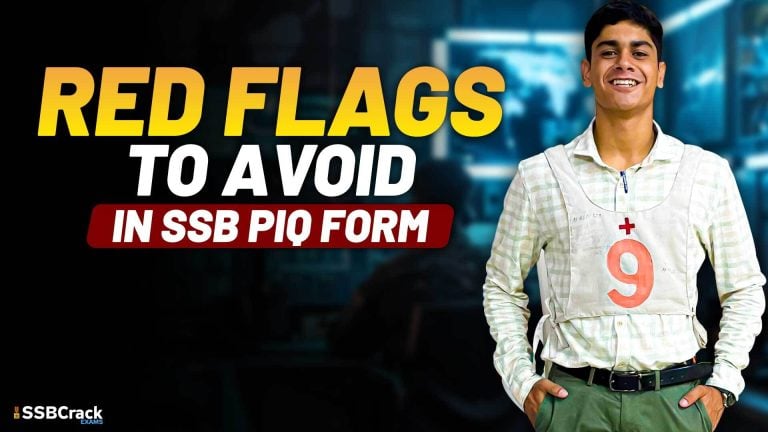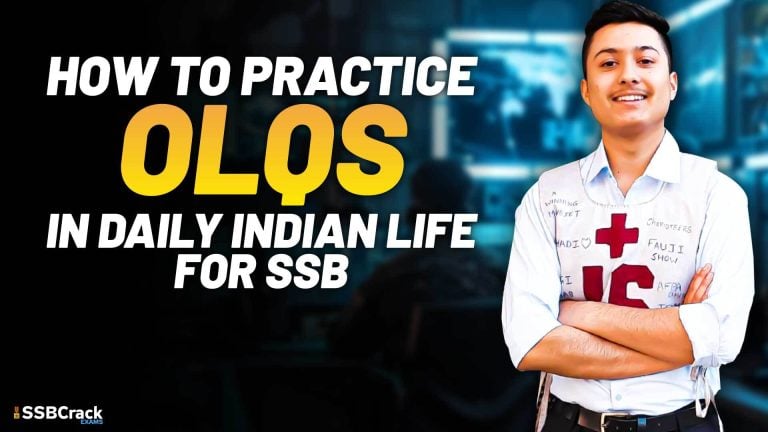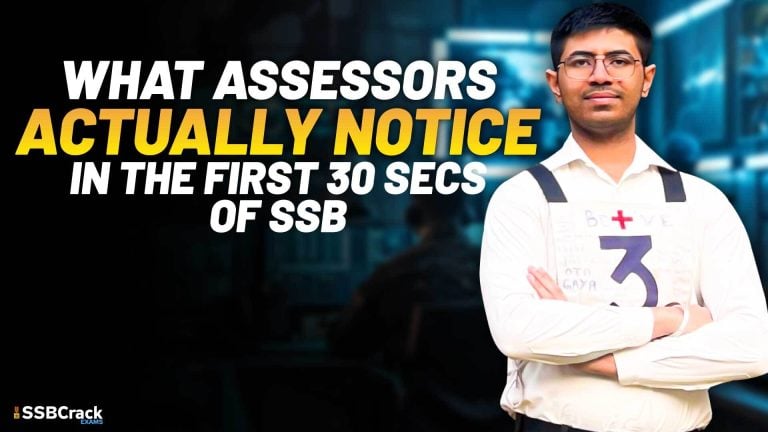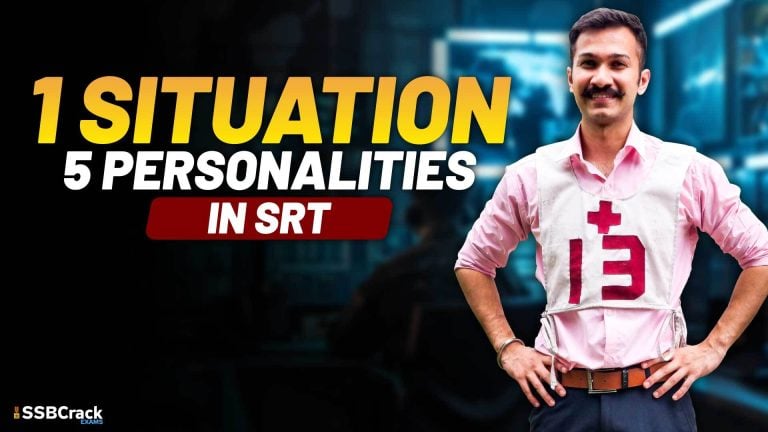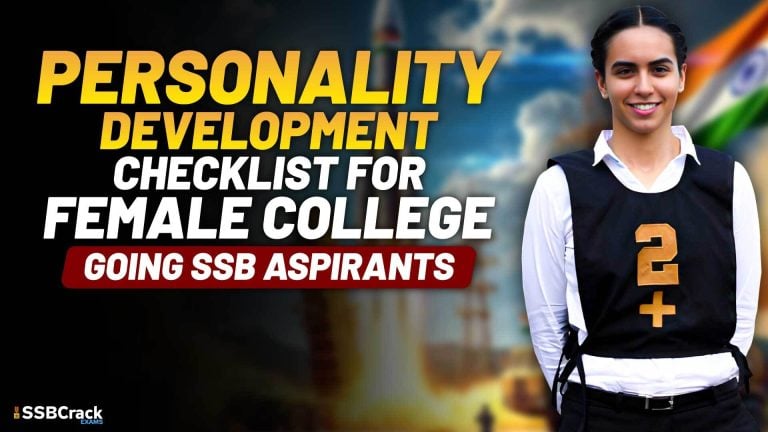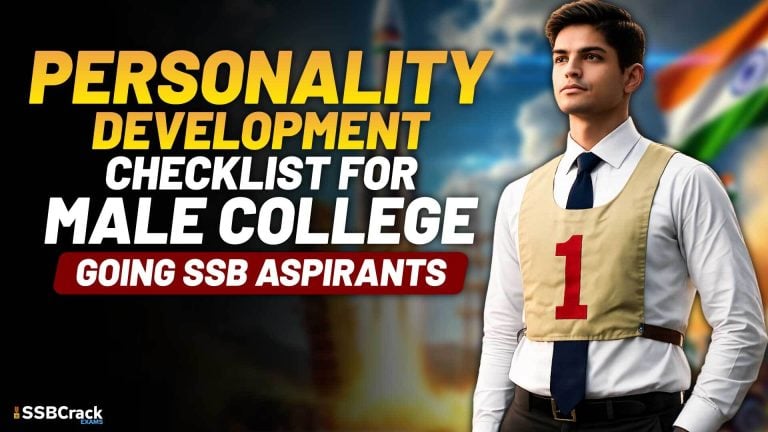This is Kanak Sharma recommended from 4AFSB, Varanasi on 16th March 2023. I appeared for medicals from 10th-13th April 2023 and penned down my experience at AFCME, New Delhi in detail. I wanted to share my article on SSBCrackExams socials which might be of interest to various candidates and can be a great help to all the defence aspirants out there.
- Book AFCAT Live Classes by SSBCrackExams
- AFCAT 2023 Exam Mock Test Series
- Enroll In Our SSB Interview Course
Complete Explanation of Medical Procedure of IAF by Kanak Sharma
SUBROTO PARK, NEW DELHI
(10.04.2023-13.04.2023)
Candidates recommended by the Air Force service selection board undergo their medicals either at Air Force Central Medical Establishment (Subroto Park), New Delhi or the Institute of Aerospace Medicine, Bangalore. The day you get recommended, you will be given two dates, and you get to choose one. Generally, people prefer to undergo medical testing at a later date so that they get enough time to get some basic tests done on their own and be mentally prepared for the main testing.
I was recommended on 16th March 2023 from 4AFSB, Varanasi for Ground duty, and my medicals were scheduled from 10th April at AFCME. Some of us based in Delhi-NCR reported directly at 7:30 AM on the 10th morning and out-station candidates reported a day prior and all of us were provided accommodation in Camero Officers’ Mess from 10th to 13th April 2023. In total 17 female candidates reported – 16 AFCAT+1 NDA. Out of 17, 6 were for flying branches.
Day 1: It started with basic documentation followed by a blood test and urine test. It is done to check haemoglobin level and infection of the urogenital tract, if any.
- It is advisable for female candidates to get haemoglobin tested prior to the medicals so that they get sufficient time to increase in case it is less than 12.5. Including pomegranate, beetroot, and leafy vegetables in the diet helps. Some people also prefer having iron tablets or syrup for increasing haemoglobin levels. It basically depends on your body whether it accepts natural or artificial ways.
After these two tests were concluded, we were given a few lengthy forms and a questionnaire related to our medical history. The entire document filling and identity verification went on till 12 PM. Postdoc filling we were given a break of 30 minutes during which we went to the cafeteria. By this time, we were literally dying of hunger.
Height, weight, chest expansion, BP/Pulse: We were then taken to another room to check height, weight, and chest expansion along with BP and pulse. The chest expansion should be at least 05 cm for all candidates. The minimum height (female candidates) for Flying Branch is 162.5 cm and for entry into Ground Duty branches is 152 cm. Weight should be according to your age/height and BMI should be in the normal range. After physical measurements, BP and pulse rate were checked. Initially, my BP came out to be normal but my pulse rate was 115. Most of us had a pulse rate of above 100 which was not normal. So, the doc asked us to get it checked again the next day.
- Do not panic while your BP is being measured. Stay calm and take a deep breath four 4 times before putting your hand inside the BP Machine.
Ear, Nose, Throat: By 1:30 PM non-flying candidates were taken for ENT testing and flying ones proceeded for eye check-ups.
In ENT, Audiometry Test was done wherein you are seated in a sound-proof room with headphones on and sounds of different frequencies are played in both the years one by one and then in both. One might miss the sound with the least frequency so it is important to stay calm and focused till the completion of this test. You can close your eyes for better concentration. The moment you hear the sound; you need to press a button that will be given to you prior. This way your audiogram is generated which helps the audiologist to assess the health of your ears.
- Please make sure to get ear wax removed before reporting for the medicals.
In Nose and Throat testing, you are asked to sit with your mouth wide open and the ENT specialist sees through with a torch. In ENT, one can hardly get a Temporary Rejection. Nasal Septum Deviation is one reason for TR, wherein the thin wall (nasal septum) between your nasal passages is displaced to one side.
With this, day 1 of the medicals came to an end. We reached the mess around 4 PM, had lunch and were then allotted our rooms. There is so much to do in Subroto Park, so you can never get bored in the evening. All of us slept for some time, then went for an evening jog, explored some food outlets, took a stroll in the stupendous park, and came back to the mess by 7:30 PM for dinner.
Day 2: We were instructed to come on an empty stomach and flying candidates were given two laxative tablets for the cleaning of the digestive tract and were asked to take the meds post-dinner.
Our X-ray and Ultrasound were scheduled on day 2, cleaning of the digestive tract is important for clear X-rays and for observing internal organs clearly. Flying candidates had 7 X-rays and non-flying had 3. It is a simple process, you just need to stand or sit in the asked position and the machine will capture images of different body parts like chest, back, skull, shoulders etc.
If you are preparing for the AFCAT 2 2023 and AFCAT 1 2024 written exam and SSB interview, you can check SSBCrackExams online courses and mock tests.
Next was the USG of the abdomen and pelvis wherein we were asked to lie down and measurement of our kidneys, spleen, liver urinary bladder and uterus was taken using the ultrasound device.
Ultrasound imaging creates images of internal organs and structures by emitting sound waves through tissue. The abdomen is a common area on which ultrasound is performed. When sound waves move through the body, they “hit” different mediums, such as fluid and air, differently. Before USG, we had to drink almost 2-3 litres of water because a full bladder creates a reservoir of fluid that enhances the movement of sound waves through the abdominal cavity. This creates a clearer view of the structures that need to be observed. The purpose of this test is to identify abnormalities in the abdomen/pelvic region or in the urinary tract such as kidney stones, cysts, or tumours.
PS: We had so much food after these two tests were completed:)
Dental check-up: Since AFCME does not have a dental check-up facility, we went to Air Force Dental Centre, Palam in a mini-bus. There are certain dental standards that need to be examined such as a minimum number of dental points (14), malocclusions if any, open bites etc. It is recommended to get teeth cleaning done before reporting to the medical to save yourself from getting a temporary rejection for poor oral hygiene like bleeding from gums, visible calculus, etc.
Eyes: By the time we came back from Palam, it was 1:30 PM. We then proceeded to the visual acuity test which is used to determine the smallest letters you can read on a standardized chart (Snellen chart) or a card held 20 feet (6 meters) away. It was through this test only that I got to know that both my eyes are 6/6. I did not get my eyes tested before this, so for me, it was a great relief! Candidates who were not able to read the card properly had to undergo additional tests. After VAT, a colour blindness test was conducted and with this day 2 came to an end. We reached the mess around 3:30 and were dancing with joy when we saw chhole bhature and two different flavours of ice cream in lunch, haha!
Day 3:
Eyes: This was the last day of our medicals before the conference/result day. We were ecstatic but also nervous at the same time. The day started with the most dreadful test i.e., the pupil dilation test for a detailed examination of the eye and then the corneal topography test. Pupils were dilated twice at an interval of 20 minutes and we were asked to sit with our eyes closed for almost 30-40 minutes after dilation. After that waiting period got over, all the candidates were called inside one by one and the ophthalmologist checked our eyes using a special device. Dilating eyes enlarge the pupils and keep them from getting smaller when the doctor shines light in the eyes and check for eye problems like cataract, retinopathy diabetes, glaucoma etc. Post-dilation, none of us were able to see objects at a close distance and felt as if our eyes were burning. I even had tears coming out because of that and was not able to keep my eyes open for a longer duration for almost 4-5 hours. It got better only in the evening. Next was the corneal topography test, a quick and painless test. It was done to produce a detailed, visual description of the shape and power of the cornea. This type of analysis provides your doctor with very fine details regarding the condition of the corneal surface. So, we just had to sit in front of a huge machine with our eyes wide open and there were concentric circles moving and we were asked to look at a very small point in the centre of those circles. This test also led to teary eyes.
Heart: Followed by eye testing was ECG, which stands for Electro Cardiogram test used to check the heart’s rhythm and electrical activity. We just had to lie down and probes were attached to our limbs and around the heart. Sensors attached to the skin are used to detect the electrical signals produced by your heart each time it beats, which then generates the electrogram in a graphical form. We were told to stay calm and breathe normally during the test. The staff at AFCME is extremely kind and cooperative which makes the entire duration of testing so easy to handle. We were literally dancing before ECG to calm ourselves down…… Post-ECG we went to the cafeteria for snacking and came back to the testing area by 12:30 PM.
Clinical Examination
Medical history/Physical examination: In this test, the physician listened to the sounds generated internally by our heart, lungs and intestinal tract using a stethoscope and checked blood pressure again. Doc also asked us about past illnesses and prescribed medication if any. We were then asked to do sit-ups, squats and a few hand movements. Physical examination is done to check, knock knees, sweaty palms, elbow angle, flat foot, deformities of limbs, spine movement, ankle joints etc.
Gynaecological Examination: This was the final test of the day. Detailed menstrual history was recorded, which includes the duration of the menstrual cycle, date of last periods, and menarche. General questions related to women’s health were asked like the occurrence of cervical cancer in any of the family members or self, surgeries/operations underwent if any etc. We were asked to lie down and cough which helped the gynae to check for hernia and stress urinary incontinence (leakage of urine during moments of physical activity like coughing, sneezing, laughing, etc.). Physical examination of the breasts was done to check for lumps if any.
By the time, the testing was completed it was 2:30 PM. We were told that all the tests are now completed and in case a detailed examination of any body part is required for a candidate, prior information will be given. In our group, one of the flying candidates had to undergo additional X-rays, the next day. Around 3 PM, we headed to the officers’ mess for lunch and had a peaceful sleep. In the evening, we went running, watched a movie in the open theatre, ate fast food (we were so done with healthy eating, haha!) and had a wonderful time wandering around in the park.
THE D-DAY: This was our last day at AFCME, which got me a little emotional. Nevertheless, we finished our breakfast, got some pictures clicked and reached the bus stop. But, alas! Our entire group missed the bus and we walked a good distance from the mess to reach the medical establishment. Got scolded by the JCO because of reporting late and was asked to wait patiently for the conference. And trust me, folks, this waiting period was extremely difficult to pass. We were growing anxious every minute. Some formalities and documentation were left, so we finished that by 11:30, played dumb charades, shared our AFSB experience with each other, made travel arrangements and then spent some time in the cafeteria.
The much-awaited moment: Finally, around 2 PM, the JCO came and asked us to proceed to the conference, ah. Now, I could feel my racing heartbeat. We were called inside the Air Commodore’s cabin (president of the medical board) one by one and were given the fitness status. My number was 13th or 14th, I do not remember exactly. The first few candidates were given temporary rejections. Then I went in, President Sir asked my choice of branch, looked at the test results, signed on some papers, smiled, and said: “Congratulations Kanak, you are medically fit.” Best of luck for merit.” This was it!!!! I felt so relieved and full of gratitude to the almighty God for his blessings and to my parents and brother for their endearing support and guidance.
In our batch of 17 candidates, 9 were declared fit and 8 were given ‘temporary unfit’ remarks for reasons such as eyesight, leg length (flying cand), anaemia, height (flying cand), DNS etc. Candidates who got TR filled out some forms, and are given 42 days to cure the problem and appeal to review medical board for further specific investigation and detailed clinical examination.
After winding up all the work at AFCME, we came back to the mess for lunch, which was so delicious (the best and my fav – aloo puri!). Post-lunch, we packed our bags, greeted the mess staff, wished each other good luck for merit and left for our respective destinations.
So, this was all about my experience of AFSB Medicals, hope y’all enjoyed reading it and I wish the best to all the defence aspirants out there.
With best wishes, Kanak.
Want To Join Indian Air Force and Prepare For The AFCAT Exam?
- You can prepare for AFCAT 2 2023 and AFCAT 1 2024
- Take the best AFCAT Exam Online Course by SSBCrackExams.
- Take the AFCAT Exam Mock Test Series to boost your prep.
To crack the SSB Interview, You can join our SSB interview live classes batch and we recommend you to Enroll SSB INTERVIEW ONLINE COURSE. Trusted by thousands of defence aspirants.
Also Read:
- Is The Virginity Of A Female Aspirant Checked In SSB Interview Medical?
- SSB Medical Rejection And Cure For Hemorrhoids Or Piles
- What Is LASIK, Is It Allowed In SSB Interview?
- Can You Become Indian Army Officer With Weak EyeSight
- Height And Weight Required For Army Navy And Air Force
- What Are 14 Dental Points?
- How To Lose Weight Quickly And Safely For SSB Medical
- Required Visual Standards For Indian Army, Indian Navy, Indian Air Force
- Are Carrying Angle, Flat Foot And Knock Knees Allowed In Defence
